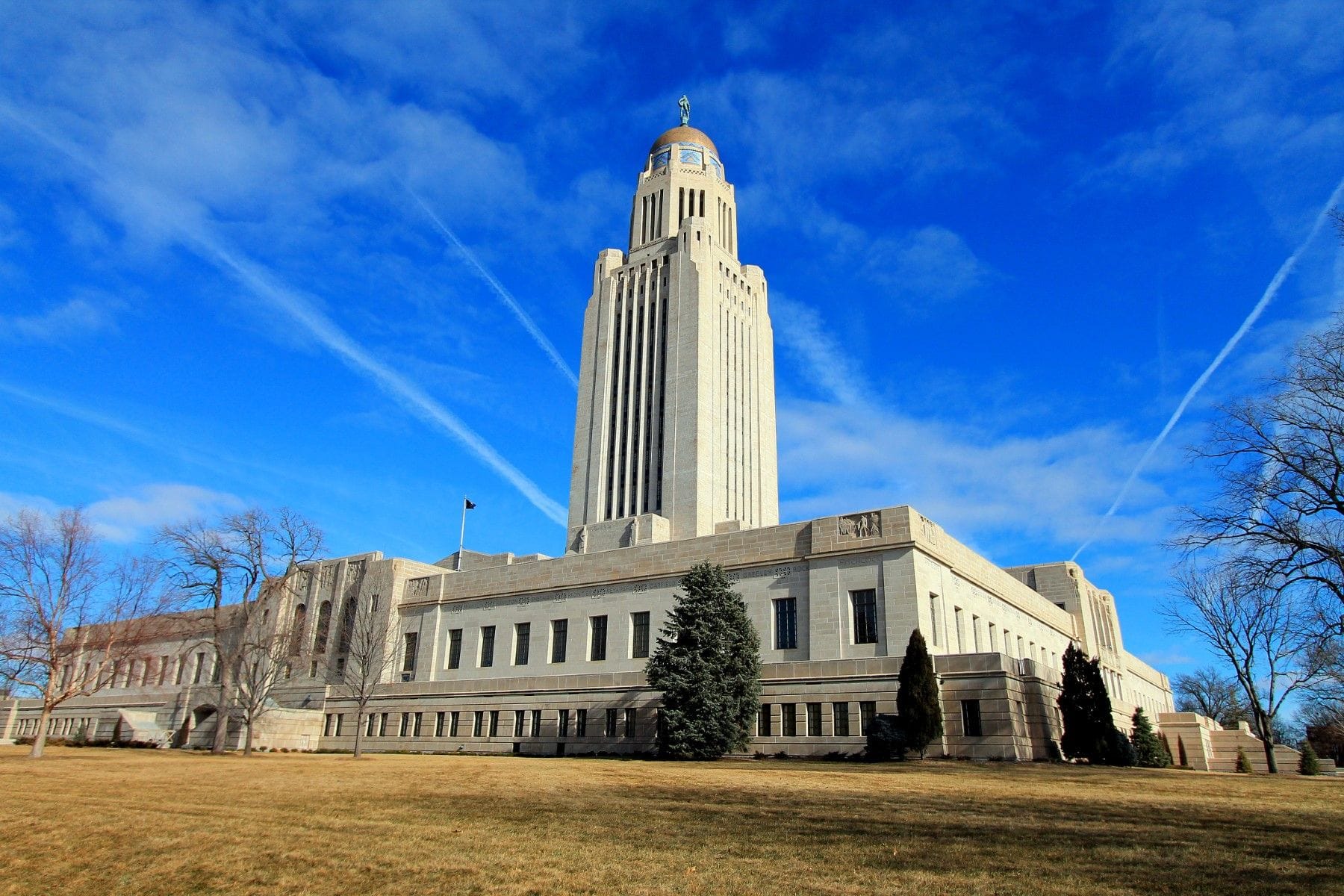Expert Witness Compensation Rules in Nebraska
Nebraska's expert witness compensation rules ensure fairness and transparency, distinguishing between retained experts and treating physicians while emphasizing clear agreements and compliance.
Updated on
In this article
What Are the Rules Governing Expert Witness Compensation in Nebraska?
Nebraska's rules on expert witness compensation mirror the broader framework established under U.S. law, with specific attention to fairness and reasonableness. The state regulates both the payment and scope of services that an expert witness may provide during litigation. In Nebraska, compensation for expert witnesses is determined by a set of guidelines that aim to ensure objectivity and prevent conflicts of interest. Legal practitioners and expert witnesses must thoroughly understand these rules to maintain compliance with the state’s legal standards.
Fee Provisions in Nebraska Rules of Civil Procedure
The Nebraska Court Rules of Civil Procedure provide a structured approach to the payment of expert witnesses. These rules ensure that expert fees are aligned with the services rendered and the complexity of the case. Importantly, Rule 6-334 of the Nebraska Court Rules for Discovery in Civil Cases outlines how parties may be required to disclose the terms of compensation for expert witnesses during discovery. This transparency is crucial for maintaining the integrity of the proceedings.
Additionally, the rules emphasize that the compensation must reflect the expert's qualifications, the time invested, and the nature of the testimony provided. This ensures a balanced approach, enabling the court to assess the reasonableness of fees while allowing experts to be fairly remunerated. Legal practitioners should carefully negotiate and document these fees to avoid potential disputes.
Nebraska Code §25-1228: Payment Guidelines for Expert Witnesses
Nebraska Code §25-1228 specifically addresses the payment structure for expert witnesses. This statute requires that expert witnesses be compensated for their time, travel, and preparation related to court appearances. The statute is fundamental in setting the baseline for compensation, ensuring that experts are adequately reimbursed for their contributions to the judicial process.
The statute mandates that the payment of expert witnesses should not only cover direct expenses but also provide reasonable compensation for their professional time. This comprehensive approach acknowledges the expertise and preparation involved in delivering expert testimony, which is crucial in assisting the court in reaching informed decisions.
Distinction in Compensation: Retained Experts vs. Treating Physicians in Nebraska
In Nebraska, the distinction between retained experts and treating physicians is significant in terms of compensation. Retained experts, hired specifically for litigation purposes, are typically compensated based on an agreed-upon fee structure that reflects their expert status and the specific services rendered. This fee includes preparation, testimony, and any other related activities.
Conversely, treating physicians, who may provide testimony regarding a patient's medical condition and treatment, are generally compensated differently. Their fees are often limited to the costs associated with time spent away from their practice to provide testimony. The Nebraska court system recognizes this distinction to ensure fairness and appropriateness in expert witness compensation.
- Retained Experts: Fees are usually negotiated and agreed upon prior to engagement. These fees can be substantial, reflecting the expertise and time commitment required.
- Treating Physicians: Compensation is generally limited to covering time away from their regular medical practice, providing a more constrained fee structure.
Practical Tips for Structuring Expert Witness Fee Agreements in Nebraska
When structuring fee agreements for expert witnesses in Nebraska, it is essential to consider various factors to ensure compliance with state laws and to foster a transparent and fair relationship between legal practitioners and experts. Here are some practical tips for creating effective fee agreements:
- Clearly Define Services: Specify the scope of services the expert will provide, including any preparatory work, consultations, and testimony. This clarity helps prevent misunderstandings regarding expectations and responsibilities.
- Negotiate Fees Early: Discuss and agree upon compensation before formal engagement. This ensures that both parties are aligned on financial expectations and can help avoid disputes later in the process.
- Document Everything: Keep detailed records of all agreements, including the fee structure, payment terms, and any changes made during the engagement. Documentation is crucial for transparency and legal compliance.
- Consider Hourly vs. Flat Fees: Decide whether to compensate the expert on an hourly basis or through a flat fee. Both methods have pros and cons, so choose the one that best fits the case's complexity and the expert's role.
- Include Travel and Preparation Costs: Ensure that the fee agreement accounts for any travel expenses and preparation time. This comprehensive approach recognizes the full extent of the expert’s contribution.
- Review Compensation Guidelines: Familiarize yourself with the Nebraska Code §25-1228 and Rules of Civil Procedure to ensure compliance with state regulations regarding expert witness compensation.
- Maintain Transparency: Be open about fee structures with opposing counsel, particularly during discovery. Transparency fosters trust and minimizes the likelihood of conflict over expert witness fees.
- Evaluate Market Rates: Research standard expert witness fees within the relevant field to ensure that the agreed-upon fees are competitive and reasonable.


